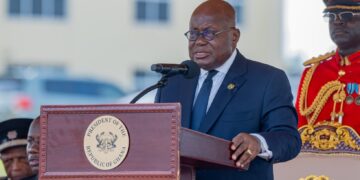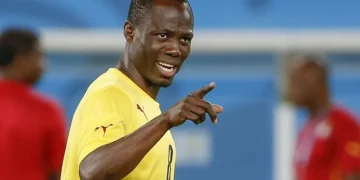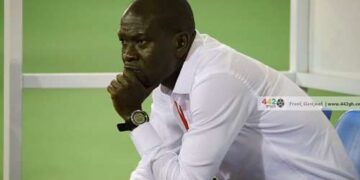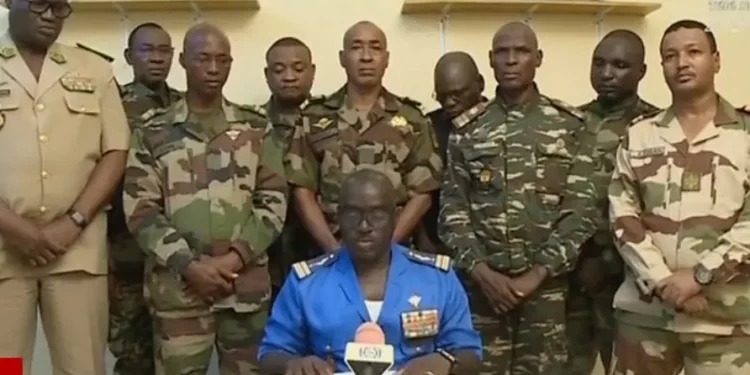On national television, soldiers in the republic of Niger in West Africa announced a coup.
They claimed to have locked the country’s borders, repealed the constitution, and suspended all institutions.
Since early on Wednesday, soldiers from the presidential guard have been keeping Niger President Mohamed Bazoum in custody.
In a phone call, US Secretary of State Antony Blinken assured him of Washington’s “unwavering support.”
Also claiming to have spoken with the president, UN Secretary-General Antonio Guterres extended the UN’s complete support.
Mr Bazoum is a key Western ally in the fight against Islamist militancy in West Africa.
Two neighbouring countries, Mali and Burkina Faso, have experienced coups triggered by jihadist uprisings in recent years.
In both countries, the new military leaders have fallen out with France, the former colonial power, which also formerly ruled Niger.
Mr Bazoum’s whereabouts are unclear but in a statement on Twitter on Thursday morning he said the “hard-won gains will be safeguarded” and that Nigeriens who love democracy will see to it.
Foreign Minister Hassoumi Massoudou has declared himself the head of state and called on all democrats to “make this adventure fail”.
In the TV announcement on Wednesday, Col Maj Amadou Abdramane, alongside nine other uniformed soldiers behind him, said: “We, the defence and security forces… have decided to put an end to the regime you know.
“This follows the continuing deterioration of the security situation and poor economic and social governance.”
He also said that all of the country’s institutions had been suspended and that the heads of the ministries would take care of day-to-day business.
“All external partners are asked not to interfere,” he went on. “Land and air borders are closed until the situation has stabilised.”
He added a night curfew would take effect from 22:00 until 05:00 local time until further notice.
Col Maj Abdramane said the soldiers were acting for the National Council for the Safeguard of the Homeland (CNSP).
After the soldiers’ TV announcement, Mr Blinken called for the release of President Bazoum.
He told a news conference in New Zealand that “what it clearly constitutes is an effort to seize power by force and to disrupt the constitution”.
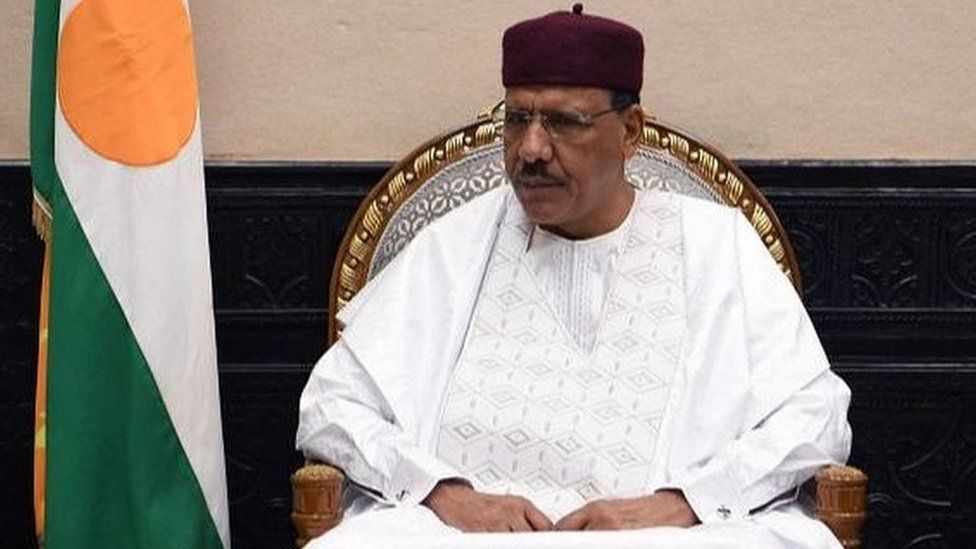
In neighbouring Mali, heavily armed Russian Wagner mercenaries are helping the military regime to fight jihadist insurgents. Niger’s unrest comes on top of existing Western anxiety about Wagner operations and the Sahel region’s instability.
President Vladimir Putin, keen to expand Russian influence in Africa, is welcoming African leaders on Thursday in St. Petersburg.
The West African economic bloc Ecowas has said it “condemns in the strongest terms the attempt to seize power by force” in Niger.
On behalf of Ecowas, Benin’s President Patrice Talon has arrived in the capital Niamey on a mediation mission.
Mr Talon said “all means” would be used, if necessary to restore constitutional order in Niger, “but the ideal would be for everything to be done in peace and harmony”.
Earlier on Wednesday, crowds in Niamey took to the streets in support of Mr Bazoum. A BBC reporter also saw heavily armed forces loyal to the president stationed around the national broadcaster.
The city was mostly peaceful, although soldiers behind the coup fired shots to break up the protests.
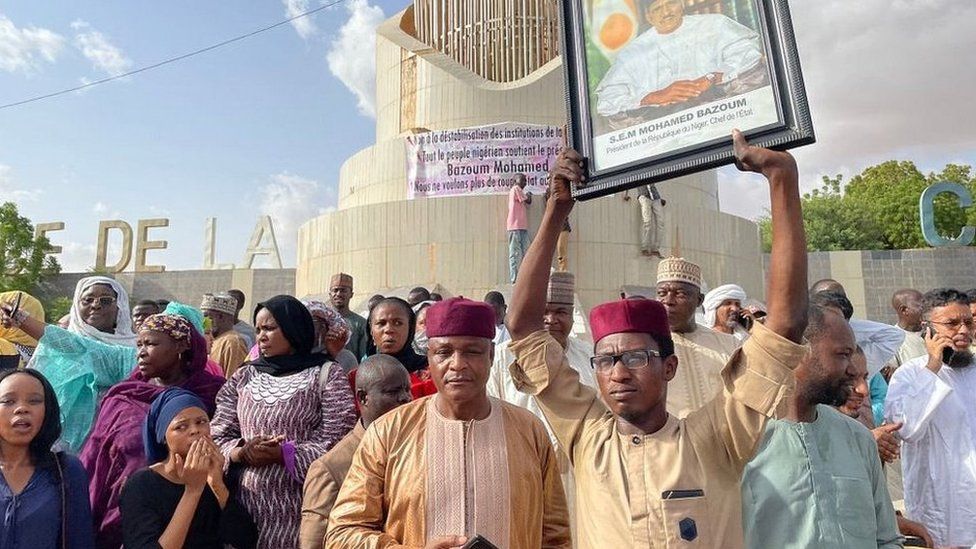
Niger is grappling with two Islamist insurgencies – one in the southwest, which swept in from Mali in 2015, and the other in the south-east, involving jihadists based in north-eastern Nigeria.
Militant groups allied to both al-Qaeda and Islamic State are active in the country.
President Bazoum, who was democratically elected in 2021, is a close ally of France, and other Western nations.
Niger has experienced four coups since independence from France in 1960, as well as numerous attempted coups.

